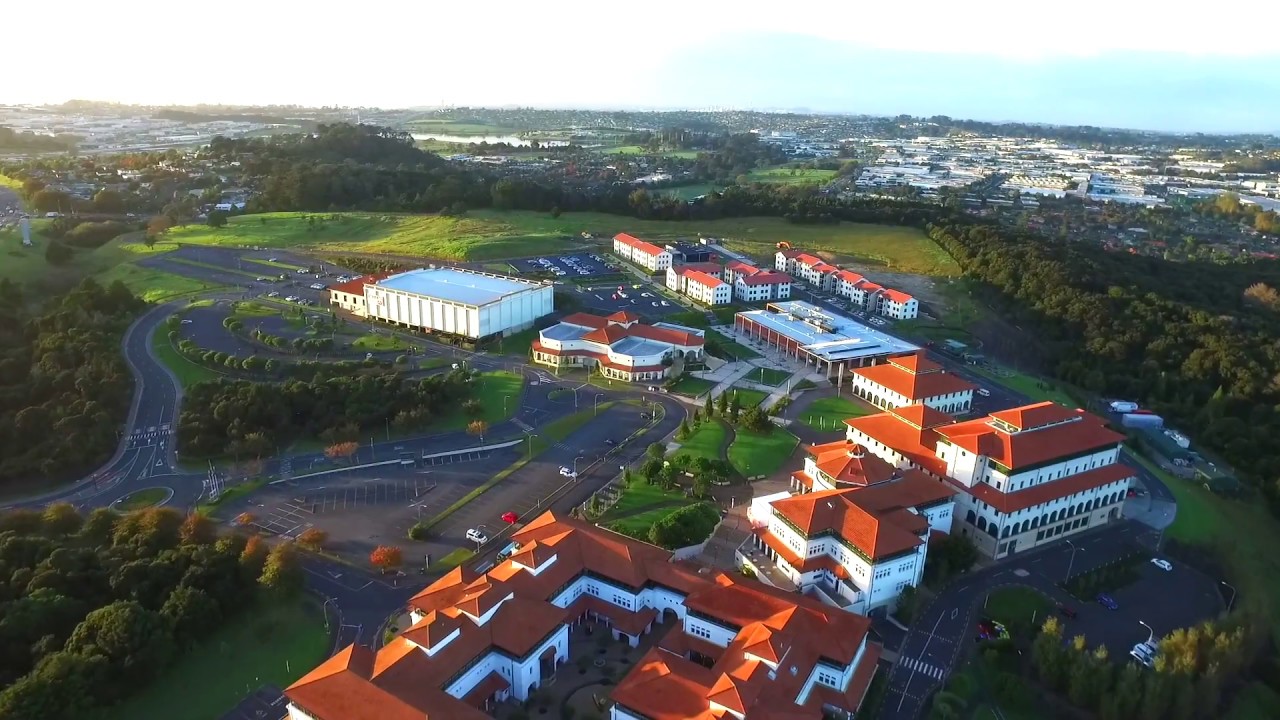Bachelor of Commercial Music in Music Technology (including Sound Engineering)
In the Bachelor of Commercial Music, you will:
- think critically about the music industry and where you want to position yourself
- work collaboratively on a wide range of music events and experiences
- become proficient with industry-standard production tools.
The degree has three majors: Music Practice, Music Technology, and Music Industry, so you can choose whether you want to make and perform new music, engineer live and studio sound as well as design new music technology, or immerse yourself in the business of the music industry.
Commercial Music has a strong emphasis on popular music genres and new technology and methods. You’ll consider the role of streaming and digital media in the music industry and explore how to disrupt and operate outside of traditional business models.
Alongside the core courses in your major, you’ll work with students from across the programme to learn music content creation, online and media skills, organise and produce music events and experiences, and make and release recordings.
The critical content of the programme spans new musicology, the political economy of music, and music philosophy.
Learn from people who know the music industry
All our commercial music lecturers are active in the industry. They perform, record, tour, produce and manage successful music ventures in New Zealand and internationally.
Master your craft in world-class facilities
The purpose-built facilities at Toi Rauwh?rangi College of Creative Arts are some of the best in the Southern Hemisphere. You’ll master industry-standard software and hardware, including recording and production methods, in world-class recording studios and rehearsal spaces.
Intakes
- Feb
Application Processing Time in Days: 30
Application Process
Minimum English Language Requirements
| English Level Description | IELTS (1.0 -9.0) | TOEFL IBT (0-120) | TOEFL CBT (0-300) | PTE (10-90) | |
|---|---|---|---|---|---|
| Expert | 9 | 120 | 297-300 | 86-90 | |
| Very Good | 8.5 | 115-119 | 280-293 | 83-86 | |
| Very Good | 8 | 110-114 | 270-280 | 79-83 | |
| Good | 7.5 | 102-109 | 253-267 | 73-79 | |
| Good | 7 | 94-101 | 240-253 | 65-73 | |
| Competent | 6.5 | 79-93 | 213-233 | 58-65 | |
| Competent | 6 | 60-78 | 170-210 | 50-58 | |
| Modest | 5.5 | 46-59 | 133-210 | 43-50 | |
| Modest | 5 | 35-45 | 107-133 | 36-43 | |
| Limited | 4 | 32-34 | 97-103 | 30-36 | |
| Extremely Limited | < 4 | < 31 | < 93 | < 30 |
Job Opportunity Potential
Recent developments in digital technologies and online platforms offer new and exciting entrepreneurial and employment careers in the music industry. Musicians can compose for films, TV, games, apps and digital platforms, produce recordings, tour, manage artists and promote their brand.
Working behind the scenes, you can find jobs in the recording and publishing industries such as artist and repertoire (A&R), marketing or management. The live sector is also lucrative, and provides jobs in promotion, venue management and a range of other support roles.
If you’re interested in music technology you can find entrepreneurial and employment careers in software and hardware development, sound engineering live and in studios, as well as lighting design, and stage and production design.
PSW Opportunity
- During study, all students on a student visa can work up to 20 hours per week during semester and full time during vacations.
- After completing Level 7 Bachelor’s Degree or Higher Qualification, a student will get a three years open post-study work visa.
- After completing Level 8 Post Graduate courses of 1 year, students get 1 year PSW.
Admission Requirement / Eligibility Criteria
- All India Senior School Certificate (AISSC) or Indian School Certificate (ISC) Year 12 with an overall average of 75% and a minimum of 60% in English
- For most undergraduate level programmes, the minimum academic entry requirement is successful completion of a qualification equivalent to the New Zealand Year 13 - NCEA Level 3 University Entrance. International students need to check the equivalency of their secondary school qualification by reviewing the list of Academic Admission Requirements by Country/Region.
- International students who have previously studied at a New Zealand secondary school should refer to the secondary school requirements section.
- International students who have completed 3 x B at level 5 or 6 passes in the New Zealand Diploma of Business may apply for entry into a Bachelor's programme.
- An NZQA transcript as formal evidence of the NZDipBus results is required before credit will be assessed and only papers with a minimum grade of B will be assessed for credit.
- The English language requirements can be met by:
- A minimum IELTS 5.5 (or equivalent) used to gain entry to the NZDipBus or,
- A recent IELTS 6.0 with no band score less than 5.5
- Course Type: Full Time
- Course Level: Bachelors/UG Degree
- Duration: 03 Year
-
Total Tuition Fee:
100890 NZD
Annual Cost of Living: 20000 NZD
Application Fee: N/A
Similar Programs
- Bachelor of Creative Media Production (Honours) at Massey University
- Bachelor of Commercial Music (Honours) at Massey University
- Bachelor of Communication (Journalism) at Massey University
- Bachelor of Communication (Communication Management) at Massey University
- Bachelor of Arts (Sociology) at Massey University
- Bachelor of Arts (Social Policy) at Massey University

